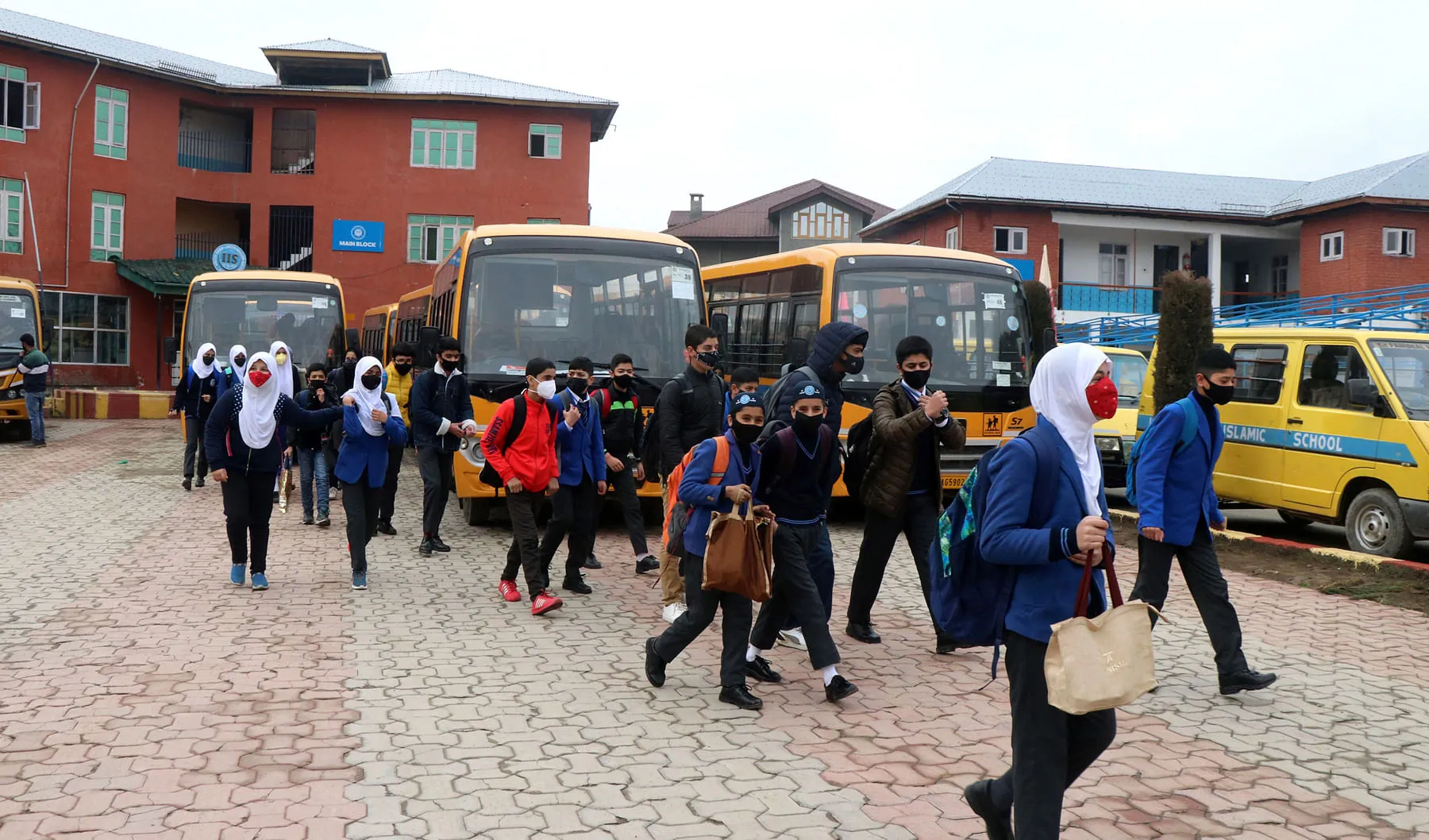After the pandemic put breaks on human activities across the globe, we’re most likely in a post pandemic era, at least as it appears to be now. Among the activities suspended, education was most affected.
Now, we’re back after a long break. The educational institutions, especially schools are off-line, it gives our children their childhood back; something precious that the pandemic had snatched from them.
It’s not simply physical activities but the psychological phenomenon, that’s fundamental to the well being of future society.
Childhood is the most formative time. There’s no way to go back and live the time back. The childhood is crucial to the development of personality. It’s a period to live fully, play, learn, make friends, and do all kinds of stuff that otherwise will look funny in later stages of life.
It’s a precious thing for everyone and perhaps that’s why there has been so much of talk about its protection. The idea of right to education, ban on child labour, universal schooling and other things, all serve the same cause.
In the valley, it has been a longer pause. The childhood wasn’t just restricted, it was almost snatched away. The social scientist would have to to see how it’s going to affect the generation that has suffered over these years, being restricted to their homes.
Could we recover all of that? That’s a serious question to investigate, and maybe it’s a thing future only will reveal to us.
Criticism and assessment aside, the opening of schools and other educational institutions is a pleasant sight. It’s more appreciable to see that there are efforts by the administration to create an enabling environment with welcome events. But then, it’s to be continued, if we intend to recover what we have lost all this while.
In this backdrop, there’s an urgent need for a policy to minimise the damage and cover the lost ground. The state has to fulfill the obligations with unprecedented measures. Among many things that can be done to undo the harm, is slashing the holidays and allowing the children maximise their stay in the institutions and engage in various activities beyond classroom.
To have a healthy nation, it’s a must to allow our children to develop a desirable personality, which off course has suffered a lot. Psychologists could be engaged to design a plan, to be executed by the state, in order to make sure we avoid the repercussions of it on the future. It’s naive to assume that things by itself will recover; it needs a serious follow up.
Secondly, it is a very serious concern being restricted to homes, more so for children. With top private institutions often undertaking different exercises like camping, marathon, trekking, those largely left out are the ones enrolled in the government institutions and who come from economically lower levels. It’s not a costly exercise to formulate a plan and take these kids around because the valley has a natural setting to do it.
Thirdly, with schools back to normal, there’s resumption in the economic activity both directly and indirectly. With education, unfortunately reduced to a business, it’s essential that the state must put a check on the private institutions.
Given the decline in the income as a result of the pandemic the institutions must cooperate to make sure the best is provided at the least possible cost. There has to be an assessment of services provided, and costs charged.
All in all, the state has a lot to fulfil. It can’t be insensitive to the things happening in the most important sector. The demand is not for maximising the regulations, but a needful intervention to save the interests of the society as a whole.
Disclaimer: The views and opinions expressed in this article are the personal opinions of the author.
The facts, analysis, assumptions and perspective appearing in the article do not reflect the views of GK.







